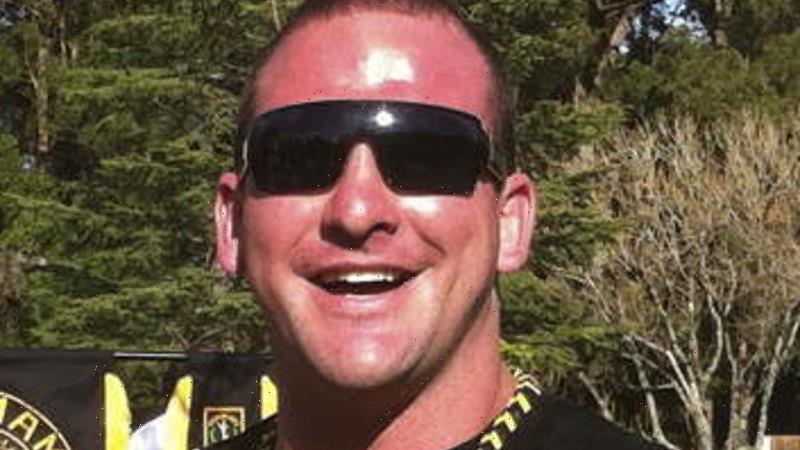A federal judge on Tuesday denied former President Donald Trump's bid to dismiss three lawsuits brought by police officers injured in the Jan. 6 riot, rejecting his assertion that he is "absolutely immune" from the claims.
The lawsuits, brought on behalf of four U.S. Capitol Police officers, seek to hold Trump liable for emotional and physical injuries they sustained when a pro-Trump mob stormed the Capitol and disrupted the electoral vote count.
“In nearly identically worded motions, President Trump has moved to dismiss all three actions on one ground: he is absolutely immune from suit because the acts complained of fall within the 'outer perimeter' of his presidential responsibilities,” U.S. District Judge Amit Mehta wrote in his brief ruling.
The judge noted that he had rejected similar arguments by Trump in other Jan. 6 lawsuits this year. "The court does so again," Mehta wrote.
The earlier ruling held that Trump’s alleged actions in provoking the riot “entirely concern[ed] his efforts to remain in office for a second term” and did "not fall within the 'outer perimeter' of a president’s official responsibilities," a finding Mehta reiterated Tuesday.
Trump's office did not immediately respond to a request for comment.
Trump is already appealing the judge's February ruling in the other cases.
In a legal brief filed last week, Trump’s lawyers urged the U.S. Circuit Court of Appeals for the District of Columbia to find that Mehta wrongly concluded that courts should look at the contents of a president’s remarks when they decide whether immunity applies. “Examining the contents of a tweet or speech constitutes an intrusion on the executive,” they said.
Trump's lawyers contended that by questioning the results of the election in the weeks before Jan. 6, 2021, and on the day itself, Trump was exercising a president’s ability to use the bully pulpit and was “engaged in an open discussion and debate about the integrity of the 2020 election.”
Mehta had found that Trump’s actions “do not relate to his duties of faithfully executing the laws, conducting foreign affairs, commanding the armed forces, or managing the Executive Branch,” adding, “They entirely concern his efforts to remain in office for a second term. These are unofficial acts.”
Source: Read Full Article

